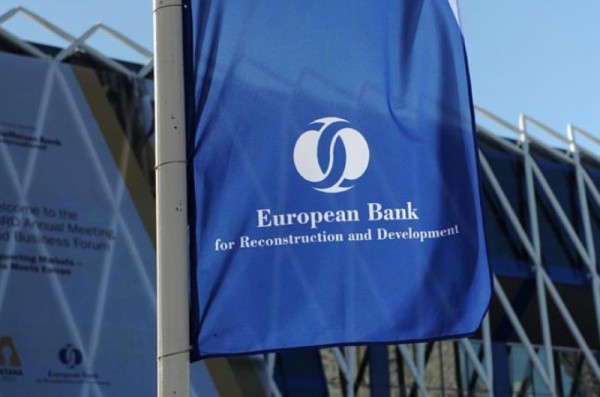


ArmInfo. Government members running big business and holding monopolies is a serious problem for any country, and Armenia is not an exception. The remarks came from Mark Davis, Head of the EBRD Yerevan Office, in a news conference on October 14. He pointed at monopolies, low level of competition, and government members running big business as key factors affecting the economic development of Armenia.
In his words, it is not a secret that some goods are imported in Armenia by one, two and a small group of businessmen. For others, for small enterprises, especially for the ones that have no political pull, are banned from the given sectors or have a limited access to it. This is exactly way, Mark Davis said, the EBRD is focusing on SME support in Armenia.
He said the monopolized economy remains on agenda of the EBRD-Armenian Government dialogue. "We try to bolster any reforms that could help to create equal conditions of competition for all market actors," Mark Davis said.
Earlier, EBRD President Suma Chakrabarti voiced discontent at the monopolies and law level of competition in the Armenian market. He said political will and courage are needed to effectively combat the monopolies in Armenia.
In his words, the shadow economy and monopolies are the key obstacle to investments and to the country's development. To resist these challenges, the authorities of Armenia should display a strong political will and courage. He thinks that to enhance the economy competitiveness, the country should improve the investment climate in order to become attractive for both local and foreign investments. This implies creation of equal conditions for all actors, coordinated reforms in customs and tax systems, as well as enhancement of the anti- monopoly commission's role. The EBRD President stressed the need for a specific action plan. In addition, Chakrabarti pointed out the need to launch an independent institution of business ombudsman in Armenia.
Earlier, speaking on the EBRD's assistance to the development of the securities market and involvement of the mid-sized business into it, Mark Davis said that Armenian companies prefer concealing their real profits not to pay taxes in full. Such companies believe that they will become not competitive, if they start paying taxes in full, Davis said blaming the unequal business conditions for such situation.
The EBRD has been active in Armenia since 1992 and to date has invested over EUR900 million into 135 projects in the field of energy, infrastructures, and finance. Investments in the private sector accounted for 87% of total. At the end of 2014, the current portfolio in Armenbia totaled USD350 million. In 2014, the EBRD signed 18 projects worth a total of USD114 million in Armenia. By the ned of 2015, the Bank looked to invest another USD115 million in Armenia.